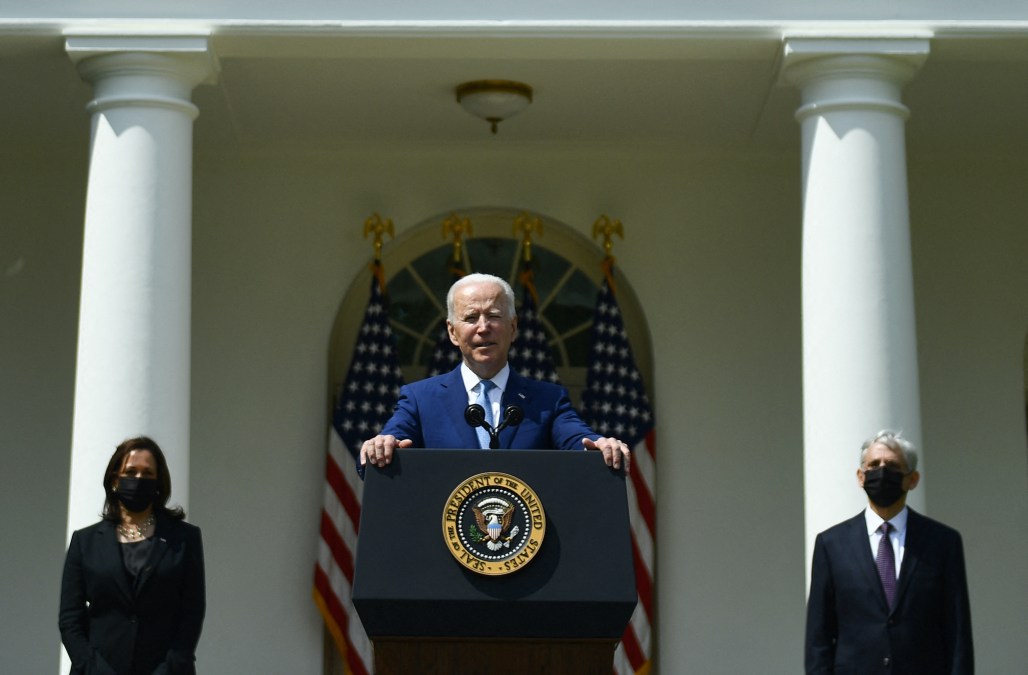Biden’s $1.75T social spending plan sets aside $500M to support CISA initiatives

The latest, slimmed-down version of President Joe Biden’s social spending framework would give the federal government’s lead cybersecurity agency $500 million to support a number of ongoing cross-government cyber initiatives.
Biden introduced a new draft framework of the Build Back Better Act on Thursday, with a prioritized focus on boosting spending for the nation’s social safety net and combating climate change.
Tucked away in the $1.75 trillion bill is proposed funding for a number of federal IT and cybersecurity initiatives, including at least $500 million for Cybersecurity and Infrastructure Security Agency programs, like $100 million for improving the cybersecurity of federal systems, more than $100 million for training and workforce development, and $50 million for improving cloud security.
Speaking Thursday, Biden called the proposal a “historic economic framework.”
“It’s a framework that will create millions of jobs, grow the economy, invest in our nation and our people, turn the climate crisis into an opportunity, and put us on a path not only to compete, but to win the economic competition for the 21st century against China and every other major country in the world,” he said, adding that “any single element of this framework would fundamentally be viewed as a fundamental change in America. Taken together, they’re truly consequential.
Absent from this bill is a proposed $400 million that CISA was set to receive in a previous version of the budget reconciliation bill to support the implementation of the president’s May cybersecurity executive order.
The bill also broadly emphasizes the importance of IT in the administration’s goals for climate change, equity, and health and human services. The General Services Administration would receive more than $4 billion under the plan for “the purchase of goods, services, and systems to improve energy efficiency, promote the purchase of lower-carbon materials, and reduce the carbon footprint,” as well as sustainability.
Finally, the IRS’s business systems modernization program would get $4.75 billion to spend over the next decade on “technology to provide a more personalized customer service but not including the operation and maintenance of legacy systems.” The bill also directs the agency to set up a task force to explore the creation of a “direct efile tax return system,” presumably similar to commercial software like TurboTax.
The House Rules Committee will now consider the path forward for the bill and vote to amend it. It must also be approved by the Senate before it reaches the president.




